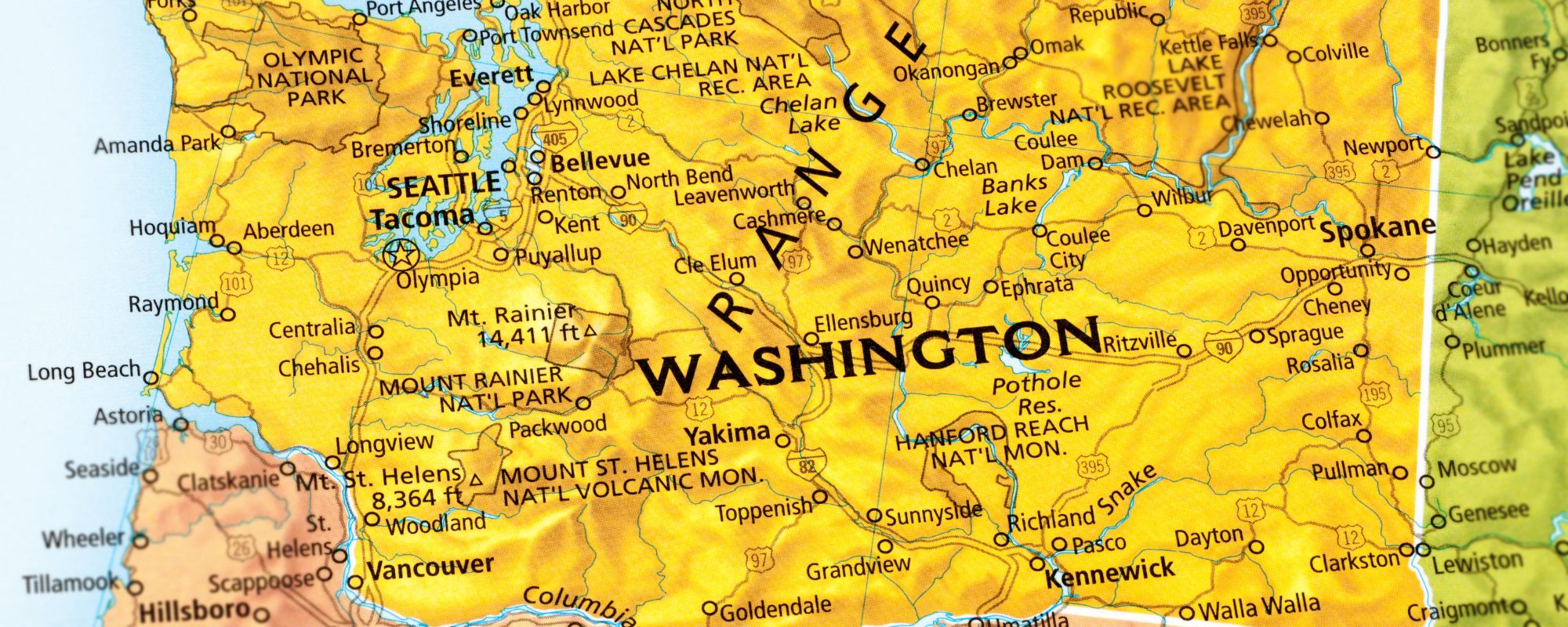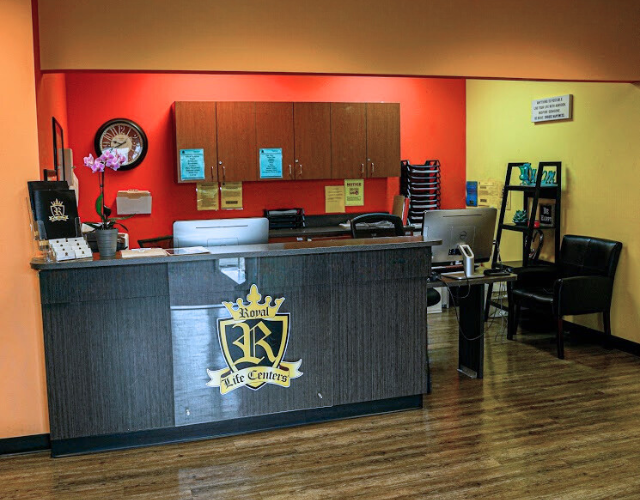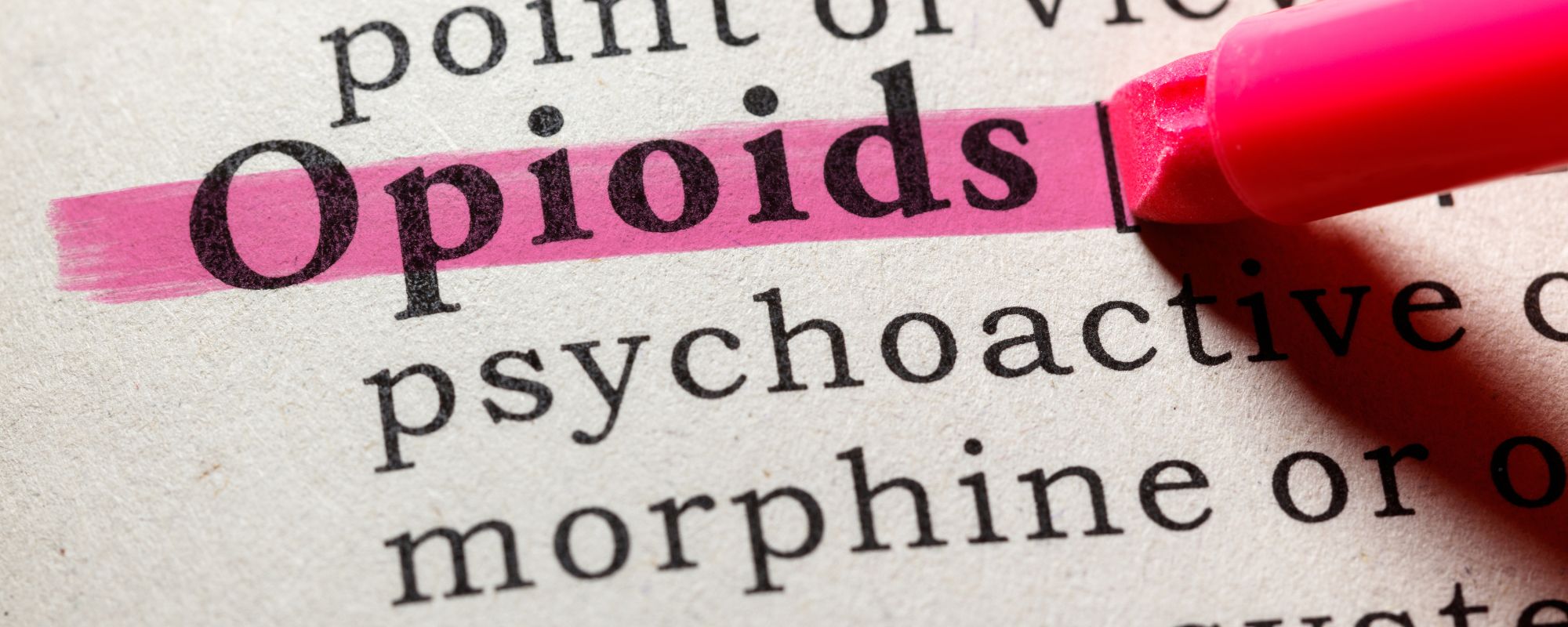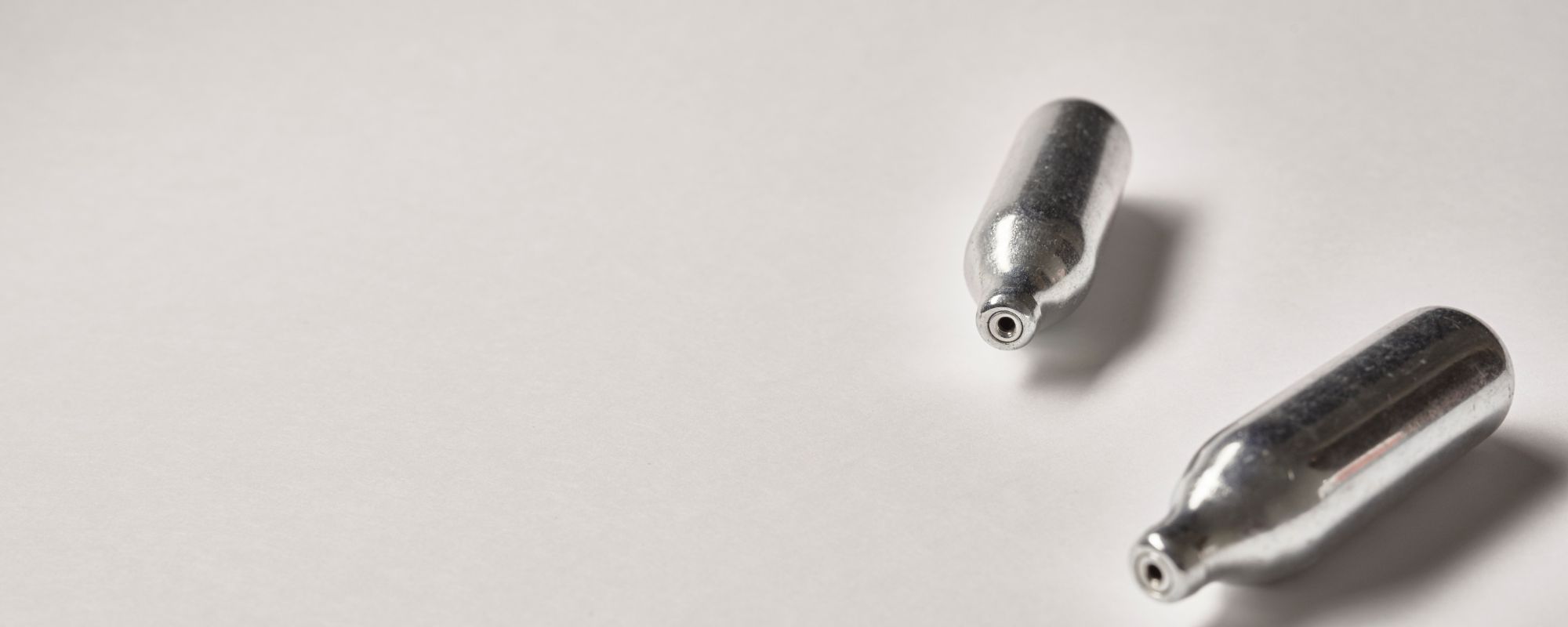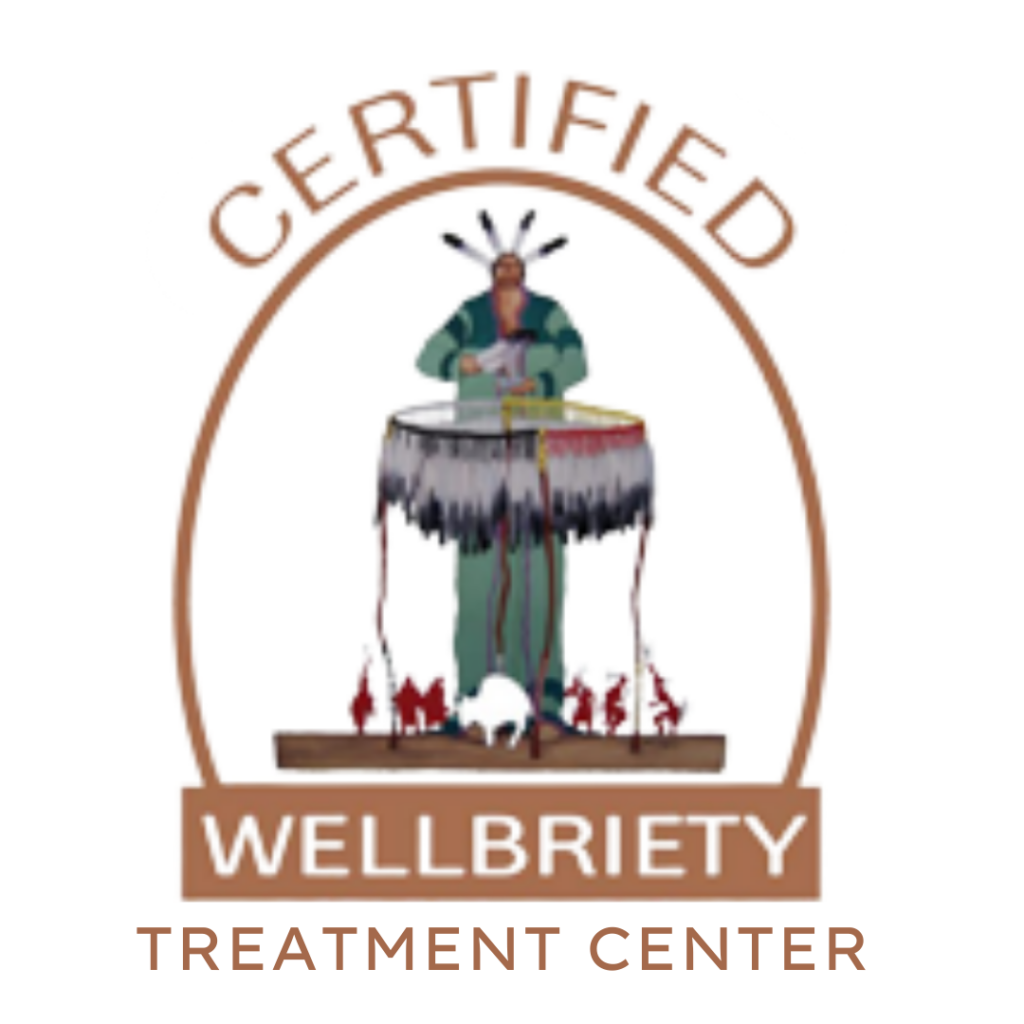Have you ever wondered, “How long does it take to recover from an alcohol addiction?” If so, you’re not alone. Many people struggle with the same question, and it can be difficult to answer. Recovery from substance use disorder is a long process that requires patience and dedication. It is important to remember that everyone’s recovery journey is different – some may take longer than others, while some individuals may make progress more quickly. No matter what your timeline looks like, it is important to stay focused on your goals and take one day at a time.
Alcoholism is unfortunately common in the United States, with around 16 million Americans diagnosed with alcohol use disorder in 2015. Recovery from alcoholism is not so common; despite millions of Americans suffering from alcohol use disorder, less than 10% of them receive alcohol addiction treatment. If you are seeking treatment for alcohol addiction, you are among the fortunate few who will be able to recover with comprehensive addiction treatment.
What is an Alcohol Use Disorder?
Alcohol use disorder is a mental health disorder that represents compulsive alcohol abuse, despite varying consequences that occur from drinking alcohol. The National Institute on Alcohol Abuse and Alcoholism defines alcohol use disorder as an “impaired ability to stop or control alcohol use despite adverse social, occupational, or health consequences” (NIAAA).
Do I Have an Addiction to Alcohol?
According to the criteria from the Diagnostic and Statistical Manual of Mental Disorders, alcohol use disorder is diagnosed when someone meets two or more of the following criteria in a 12-month period. In the past year, have you:
- Had times when you ended up drinking more, or longer than you intended?
- More than once, wanted to cut down or stop drinking, or tried to, but couldn’t?
- Spent a lot of time drinking? Or being sick or getting over the aftereffects?
- Experienced craving— a strong need, or urge, to drink?
- Found that drinking— or being sick from drinking— often interfered with taking care of your home or family? Or cause job troubles? Or school problems?
- Continued to drink even though it was causing trouble with your family or friends?
- Gave up or cut back on activities that were important or interesting to you, or gave you pleasure, in order to drink?
- More than once gotten into situations while or after drinking that increased your chances of getting hurt (such as driving, swimming, using machinery, walking in a dangerous area, or having unsafe sex)?
- Continued to drink even though it was making you feel depressed or anxious or adding to another health problem? Or after having had a memory blackout?
- Had to drink much more than you once did to get the effect you want? Or did you find that your usual number of drinks had much less effect than before?
- Found that when the effects of alcohol were wearing off, you had withdrawal symptoms, such as trouble sleeping, shakiness, irritability, anxiety, depression, restlessness, nausea, or sweating. Or sensing things that were not there?
If you have any of these symptoms, your drinking may already be a cause for concern. The more symptoms you can identify as having, the more urgent you need alcohol addiction treatment. Two or more of the above symptoms, within a one-year period, means that you have an alcohol use disorder (NIAAA).
The Effects of Alcohol
Alcohol produces both short-term and long-term effects. The effects of alcohol can be physical, mental, and health-related.
Common short-term effects of alcohol abuse include:
- Lowered inhibitions
- Poor judgement
- Skin flushing
- Trouble concentrating
- Loss of coordination and motor skills
- Slower cognitive functioning
- Dulled perception, especially vision and hearing
- Sleepiness
- Mood swings
- Dilated pupils
- Reduction in body temperature
- Heightened blood pressure and heart rate
- Stumbling
- Passing out
- Vomiting
- Shallow, slow, or irregular breathing
If you consume alcohol in an excessive amount, you could also get alcohol poisoning, which is lethal.
Common long-term effects of alcohol addiction include:
- Liver damage (inflammation, scarring, alcoholic hepatitis and cirrhosis)
- Cardiovascular disease
- Cancer
- Brain damage
- Changes in mental health (anxiety, depression, triggered depressive cycles)
- Epilepsy & seizures
- Fatty liver disease
- Memory issues
- Kidney disease
- Damage to the stomach lining (indigestion, nausea, ulcers, chronic heartburn, gastritis)
- weakened immune system
- Increased risk of osteoporosis and osteoarthritis
- Erectile dysfunction for men; an irregular menstrual cycle for women, and a greater risk for infertility
- Heart problems (high blood pressure, irregular heartbeat, blood clots, stroke, cardiomyopathy, heart attack)
- Increased risk of developing certain cancers (cancer of the mouth, esophagus, throat, bowel, liver, breast)
Detoxing from Alcohol
Royal Life Centers at The Haven is the first step in recovery, as we provide effective alcohol detoxification services. Our medical detox center is an inpatient program, that lasts for either 4 or a full 8 days. Upon arrival at our medical detox center, Royal Life Centers at The Haven, guests will be assessed for their symptoms of withdrawal and evaluated for any co-occurring disorders. Detoxing from alcohol will produce a variety of withdrawal symptoms, which is why alcohol detox is best done in a safe, controlled environment with 24/7 direct supervision from medical professionals. Royal Life Centers at The Haven offers guests safety during an effective and comfortable detoxification from alcohol.
Alcohol Withdrawal Symptoms
Alcohol withdrawal symptoms can be extremely severe and even life-threatening. Withdrawal symptoms range from headaches to delirium tremens. Someone with an alcohol addiction will start to experience withdrawal symptoms roughly 8 hours after their last drink. Withdrawal symptoms can last for a varying amount of time, depending on different factors including drinking history, frequency, health condition, and volume of consumption. Alcohol withdrawal can be represented by three stages of symptoms.
Stage 1: (8 hours after the last drink)
- Anxiety
- Insomnia
- Nausea
- Abdominal pain
Stage 2: (24-72 hours after the last drink)
- High blood pressure
- Increased body temperature
- Unusual heart rate
- Confusion
Stage 3: (2-4 days after the last drink)
- Hallucinations
- Fever
- Agitation
- Seizures
Treating Alcoholism
In our alcohol treatment center, we guide recovery through proven effective methods of addiction treatment. Royal Life Centers at The Haven treats alcohol addiction through intensive therapy, including individual therapy sessions, group therapy, and support groups.
According to the Substance Abuse and Mental Health Services Administration (SAMHSA), there are four major principles that constitute recovery, including health, home, purpose, and community.
The four pillars of recovery are described in more detail below:
- Health – overcoming or managing one’s disorders and making informed, healthy decisions that support physical and emotional well-being.
- Home – having a safe and stable living environment.
- Purpose – conducting meaningful daily activities and having the independence and resources to participate in society.
- Community – Having relationships and social networks that provide support, friendship, love, and hope.
Treating alcoholism is best done with a comprehensive addiction treatment program, which provides support and a range of helpful services. Our treatment facilities all provide comprehensive addiction treatment.
Our Programs
We provide both inpatient and outpatient treatment options. Royal Life Centers at The Haven offers a medical detox program to begin the recovery process. Royal Life Centers also offers treatment programs, including: a residential inpatient program, a partial hospitalization program (PHP), an intensive outpatient program (IOP), an outpatient program (OP), and sober living options. For an alcohol treatment center near you, please click here for a list of our locations.
Reach Out For Help With Alcohol Addiction
If you or someone you know is struggling with alcohol addiction, please reach out to our team of addiction specialists at (877)-RECOVERY or (877)-732-6837. Our team is available to take your call 24 hours a day, 7 days a week. Because We Care.
References:
“Alcohol Use Disorder.” National Institute on Alcohol Abuse and Alcoholism, U.S. Department of Health and Human Services, www.niaaa.nih.gov/alcohol-health/overview-alcohol-consumption/alcohol-use-disorders.
“Recovery and Recovery Support.” SAMHSA, Substance Abuse and Mental Health Services Administration, 30 Jan. 2019, www.samhsa.gov/find-help/recovery.
“The Effects of Alcohol Use: Short & Long-Term Physical & Psychological.” Alcohol.org, American Addiction Centers, www.alcohol.org/effects/.














